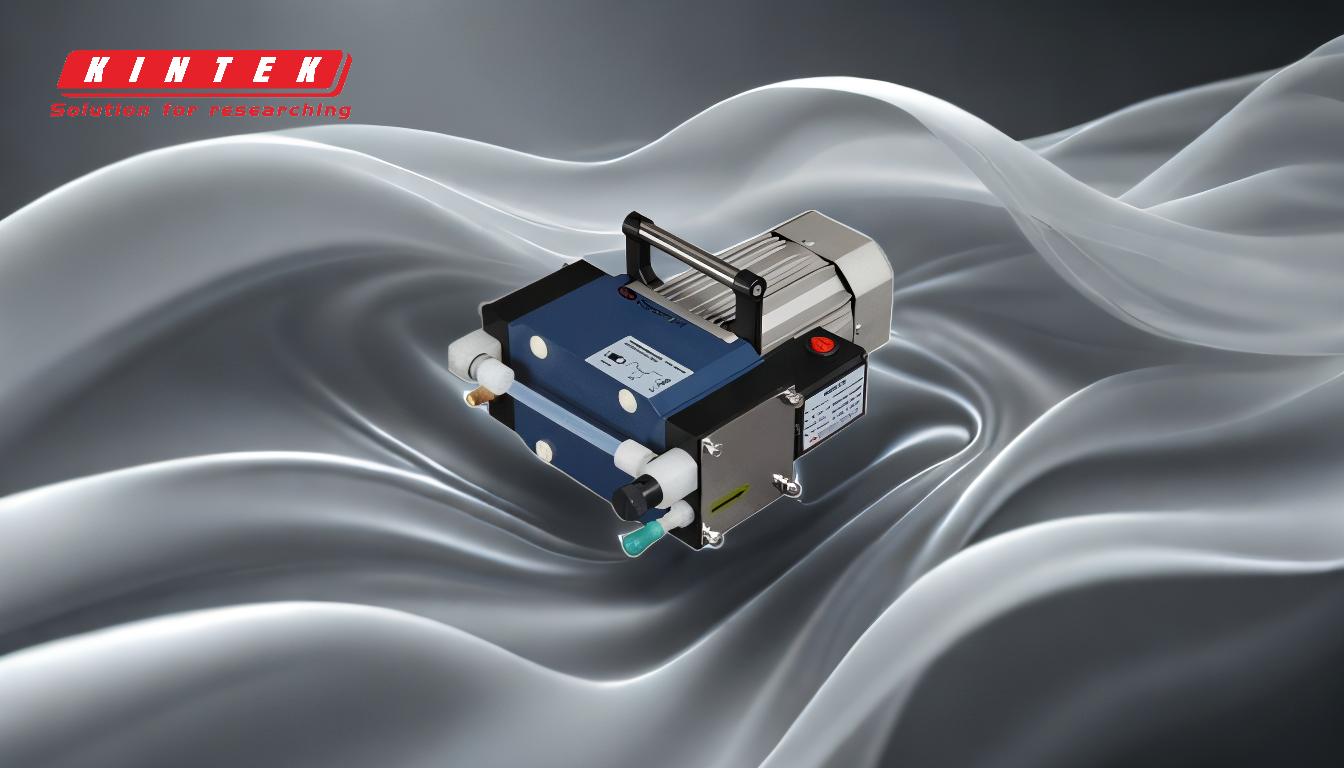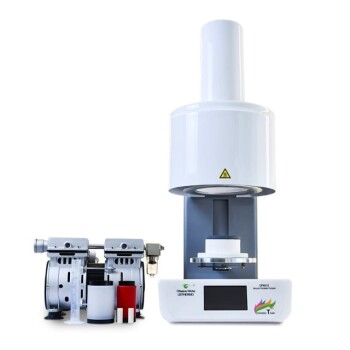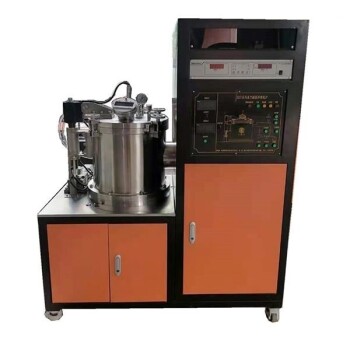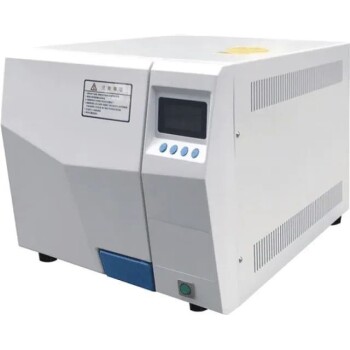The noise level of a vacuum pump depends on its type, design, and application. Generally, vacuum pumps are designed to operate with low noise levels, especially in environments like laboratories or industrial settings where noise reduction is critical. For instance, vacuum pumps used in vacuum induction melting furnaces are specifically noted for their low noise operation. Rotary Vane Vacuum Pumps, while cost-effective and widely used, may produce more noise compared to other types like Diaphragm Vacuum Pumps, which are quieter due to their oil-lubricated operation. Understanding the noise level is crucial for selecting the right pump for specific applications, especially in noise-sensitive environments.
Key Points Explained:

-
Noise Levels Vary by Pump Type:
- Rotary Vane Vacuum Pumps: These are the most commonly used and cost-effective pumps. While they are efficient for continuous suction and dry gas extraction, they tend to produce more noise compared to other types. This is due to their mechanical design, which involves rotating vanes that can generate vibrations and noise during operation.
- Diaphragm Vacuum Pumps: These pumps are quieter because they use oil to lubricate the rotating piston and diaphragms, reducing friction and noise. They are suitable for applications like liquid degassing and filtration, where low noise is essential.
- Vacuum Induction Melting Furnace Pumps: These pumps are specifically designed to operate with low noise levels, making them ideal for environments where noise reduction is critical.
-
Design and Application Influence Noise:
- The design of the vacuum pump plays a significant role in determining its noise level. For example, multistage machines, which are common in vacuum pumps, work with a very high pressure ratio and can be engineered to minimize noise.
- The application also affects noise levels. In laboratory settings, where precision and quiet operation are crucial, pumps are often designed to be quieter. In contrast, industrial applications may prioritize durability and efficiency over noise reduction.
-
Environmental Considerations:
- In environments like laboratories or medical facilities, low noise levels are essential to maintain a conducive working environment. Pumps used in these settings are often designed with noise reduction features, such as sound-dampening materials or quieter operational mechanisms.
- In industrial settings, while noise may be less of a concern, it is still a factor to consider, especially in facilities where workers are exposed to machinery for extended periods.
-
Energy Efficiency and Noise:
- Energy-saving vacuum pumps, such as those used in vacuum induction melting furnaces, often operate with lower noise levels. This is because energy-efficient designs typically incorporate features that reduce friction and vibration, which in turn reduces noise.
-
Maintenance and Noise Levels:
- Regular maintenance can also influence the noise level of a vacuum pump. For example, ensuring that Rotary Vane Vacuum Pumps are properly lubricated and that their air filters are clean can help reduce noise. Similarly, Diaphragm Vacuum Pumps require regular oil changes to maintain their quiet operation.
In summary, the noise level of a vacuum pump is influenced by its type, design, application, and maintenance. For noise-sensitive environments, selecting a pump designed for low noise operation, such as Diaphragm Vacuum Pumps or those used in vacuum induction melting furnaces, is crucial. Regular maintenance and proper use can also help in minimizing noise levels.
Summary Table:
| Factor | Impact on Noise Level |
|---|---|
| Pump Type | Rotary Vane: Higher noise; Diaphragm: Quieter; Vacuum Induction Melting Furnace: Low noise |
| Design | Multistage designs minimize noise; features like sound-dampening materials reduce noise |
| Application | Labs: Quieter pumps; Industrial: Durability prioritized over noise reduction |
| Energy Efficiency | Energy-saving pumps often operate with lower noise levels |
| Maintenance | Proper lubrication and regular oil changes help maintain low noise levels |
Need a quiet vacuum pump for your lab or industrial setup? Contact us today to find the perfect solution!










